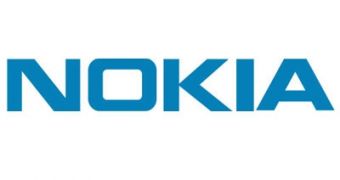Espoo, Finland-based mobile phone maker Nokia has announced the signing of a patent license agreement with Apple, which will put an end to the patent litigations between the two companies.
The handset vendor unveiled that, following the agreement, all complaints that Nokia and Apple filed to the US International Trade Commission against each other will be withdrawn.
The two telecoms industry giants signed a deal that determines Apple to pay an undisclosed sum to Nokia for using various patents the company holds in the wireless communications segment.
“The financial structure of the agreement consists of a one-time payment payable by Apple and on-going royalties to be paid by Apple to Nokia for the term of the agreement,” the duo unveiled.
However, no further details on this deal were unveiled to the public.
“We are very pleased to have Apple join the growing number of Nokia licensees,” said Stephen Elop, president and chief executive officer of Nokia.
“This settlement demonstrates Nokia's industry leading patent portfolio and enables us to focus on further licensing opportunities in the mobile communications market.”
Nokia is the worldwide leading mobile phone maker, and is still the leading smartphone designer on the globe, a position consolidated through impressive investments in research and development.
The handset vendor notes that they invested approximately EUR 43 billion in R&D in the last two decades, and that they hold one of the strongest and broadest IPR portfolios in the wireless industry.
With over 10,000 patent families, Nokia is a leader in development of handheld devices and mobile communications.
“This agreement is expected to have a positive financial impact on Nokia's recently revised outlook for the second quarter 2011 of around break-even non-IFRS operating margin for Devices & Services,” the mobile phone maker continued.
Nokia and Apple started the patent litigation about one year and a half ago, through filing law suits at various courts in the US and elsewhere, and through filing complaints with ITC.

 14 DAY TRIAL //
14 DAY TRIAL //